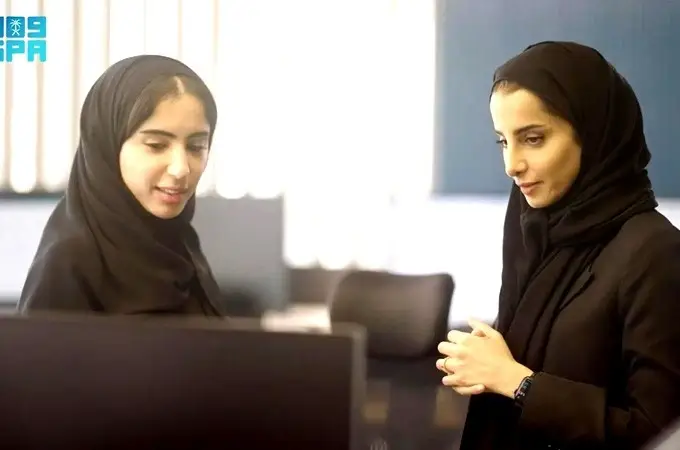Islamabad witnessed a key milestone in AI governance as UNESCO, in partnership with Data Vault, organized a multi-stakeholder dialogue titled “AI for Humanity: Ethical and Inclusive AI in Pakistan.” The event convened more than 25 representatives from the private sector, academia, civil society, and technology-driven institutions to discuss the country’s AI Innovation Ecosystem under the framework of Pakistan’s National Artificial Intelligence (AI) Policy.
The dialogue is part of UNESCO’s broader technical engagement series aimed at unpacking the six strategic pillars of Pakistan’s AI policy and ensuring a rights-based, inclusive approach to AI development.
Embedding Ethics in Pakistan’s AI Landscape
Opening the session, Fuad Pashayev, Country Representative of UNESCO Pakistan, highlighted the role of the envisioned AI Council in embedding human rights safeguards into the national AI ecosystem. “The envisioned AI Council can become a key institutional structure embedding human rights and ethical safeguards into Pakistan’s AI ecosystem and ensuring inclusive and coordinated governance,” he said.
Dr Aneel Salman, Policy & Governance Expert, stressed the urgency of aligning AI with Pakistan’s demographics and policy frameworks. He noted: “AI will not transform Pakistan until Pakistanis are ready to shape it. We are sitting on a demographic goldmine. But without AI skills, it’s just potential. This pillar is how we turn more than 224 million people into a million digital assets.”
Mehwish Salman Ali, Founder and CEO of Data Vault and Co-Founder of Zahanat AI — Pakistan’s indigenous GPT — underlined the importance of equitable access. “Ethical and inclusive AI is the cornerstone of Pakistan’s digital future. By prioritizing human rights and equitable access to skills, data, and compute – we can shape an AI ecosystem that empowers every citizen and delivers sustainable progress,” she said.
Focus Areas and Global Linkages
The discussions revolved around institutional readiness, digital infrastructure, and capacity-building to enable safe, transparent, and ethical AI adoption. Participants drew lessons from global best practices, including UNESCO’s AI capacity-building programmes and the AI Competency Framework piloted by the UN Broadband Commission.
Way Forward
The event concluded with a commitment to feed insights into ongoing consultations for Pakistan’s National AI Policy, ensuring alignment with human dignity, ethical standards, and inclusive governance. Stakeholders emphasized that collective efforts will be essential in building an AI ecosystem that serves both innovation and humanity.















